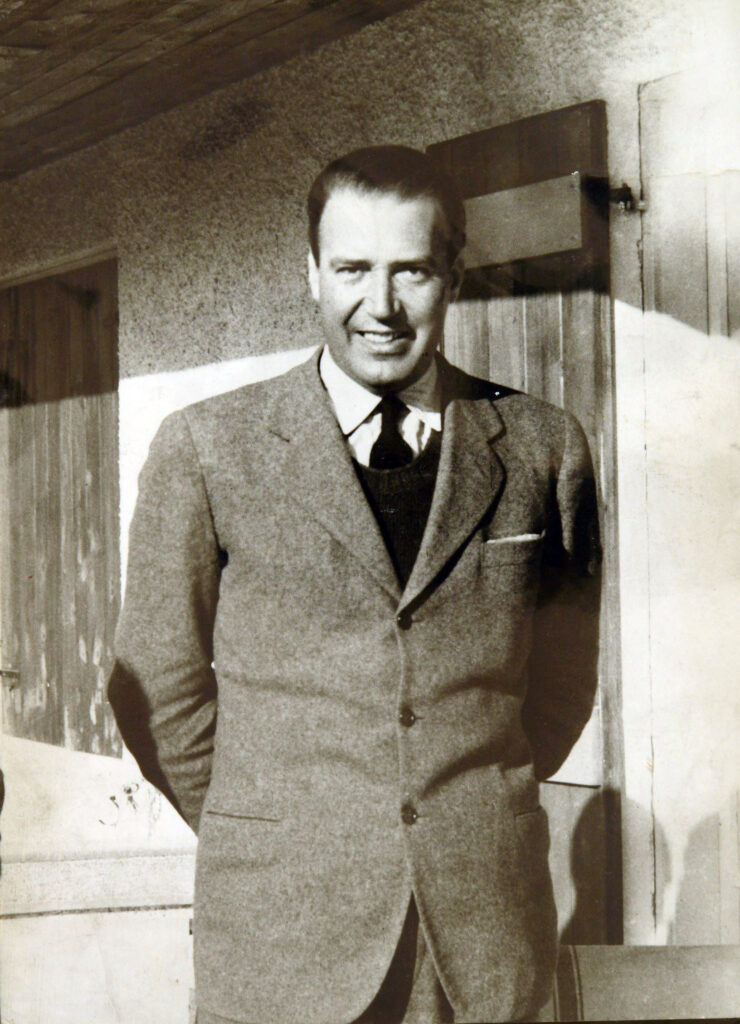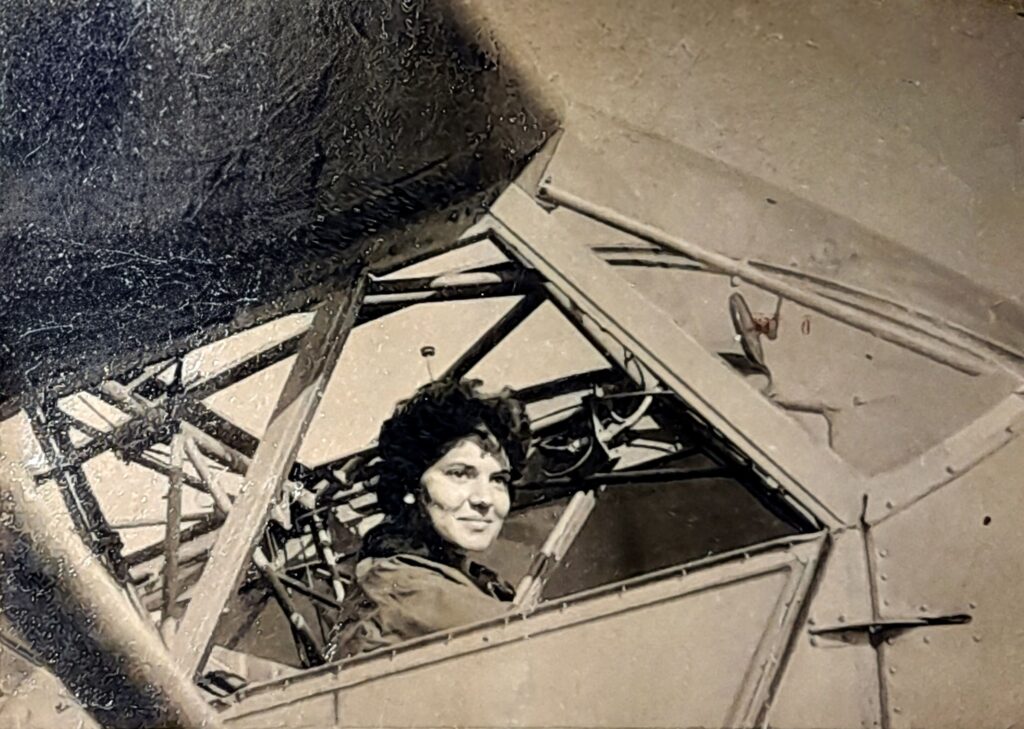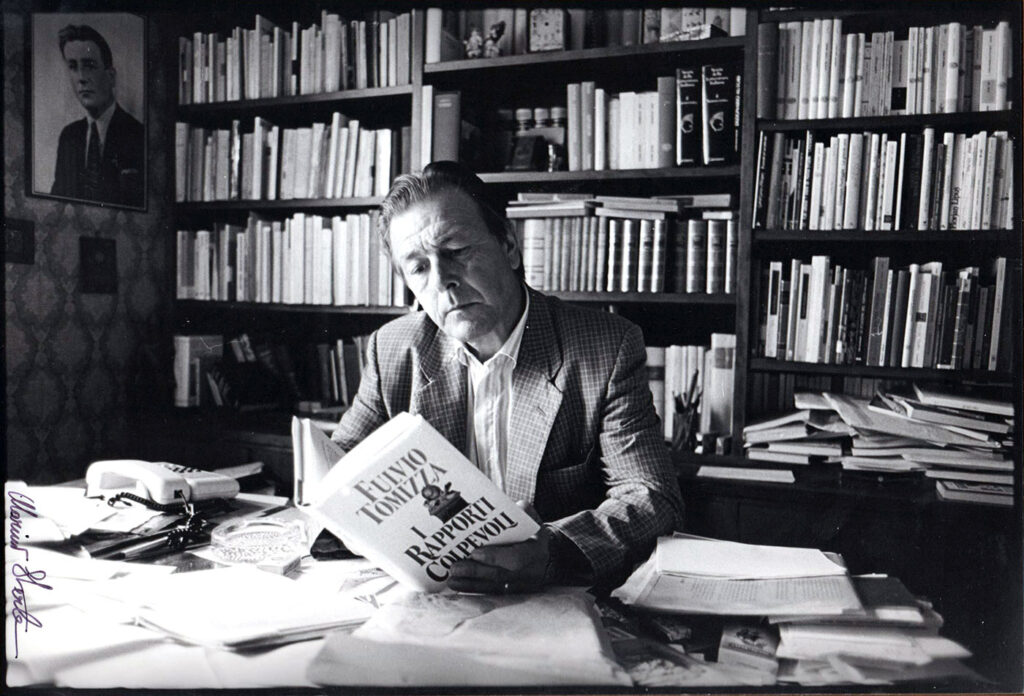Fulvio Tomizza
The writers who declared himself a citizen of the border, trying to unite its souls
Born in Juricani-Giurizzani, a hamlet of Materada, in Istria, Tomizza spent a difficult childhood due to the tensions that shook the area in the years of fascism and the Second World War. He remained living for a long time in communist Yugoslavia, finishing high school in Koper-Capodistria and continuing his studies in Belgrade. Only with the London Memorandum of 1954, when Istria passed to Yugoslavia, did he move to Trieste, becoming a journalist with the state broadcaster, RAI.
His debut as a novelist, Materada (1960), was dedicated to the drama of the Istrian population, with La ragazza di Petrovia (1963) and Il bosco delle acacie (1966) making up the so-called “Istrian Trilogy” and constituting a sort of peasant epic in which a constant theme is the loss of identity of refugees at the centre of complex geopolitical, institutional and ideological entanglements that upset the ancient wisdom and art of living of a community.
The “Triestine novels” delve into Slovenian history and culture in Trieste: L’amicizia (1980), Gli sposi di via Rossetti (1986), Franziska (1997) and La visitatrice (2000) are full of historically established characters who often speak in their own languages. A true historical novel, or fictionalized essay, is Il male viene dal Nord (1984) dedicated to the bishop of Koper-Capodistria, Pier Paolo Vergerio, who became a Protestant.
Istrians, fiumans, dalmatians
"The fishing boat, crushed by the weight of that fugitive humanity, raised it anchors [...]. When he was reduced to a grey dot in the blue, I understood that my exile had truly begun."
Enzo Bettiza, Esilio (1996)

Pier Antonio Quarantotti Gambini
A writer, journalist and librarian, Quarantotti Gambini studied at the Italian high school in Koper-Capodistria and graduated in Law from Turin. During the Second World War, he became director of the Civic Library of Trieste and in the following years he directed the Radio Venezia Giulia broadcaster, to maintain public attention on the plight of the Istrian exiles. In 1998 the city of Trieste dedicated the Municipal People’s Library to him.
The title L’onda dell’incrociatore, with which he won the Bagutta Prize in 1948, was an intuition of Umberto Saba which thus gave unity to the story of teenage rowers discovering sexuality, a characteristic which also involved his other works such as La Calda Vita (1958) and I giochi di Norma (1964). In Primavera a Trieste: ricordi del ’45 (1951) he recounts the forty days of Yugoslav control of Trieste, liberated from the Nazi-fascists but oppressed by violence and revenge.
Renzo Rosso and Franco Vegliani
La dura spina (1963) by Renzo Rosso – another Sabian title – is also set in Trieste in the violent year of 1945, while L’adescamento (1959) highlights the distance, but also the attraction, between the two souls of the city, until a tragic epilogue. In the novel emblematically entitled La frontiera (1964), by Franco Vegliani, the temporal “frontier” is added to the physical “frontier”,in a game of references and mirrors between the Hapsburg era and the fascist era in Dalmatia.

Marisa Madieri
Marisa Madieri, from Rijeka, but of Hungarian extraction, explored the theme of the difficult recovery of childhood memories marked by a serious and traumatic laceration. In her novel in diary form, Verde acqua (1987), her memories revived the child who does not understand the growing hostility of adults. The memory is counterpointed by the Trieste of the present, her daily life shared with her children and her husband, Claudio Magris.



